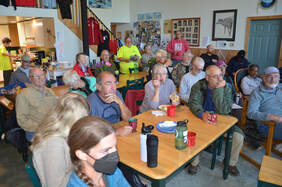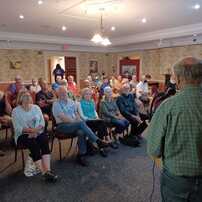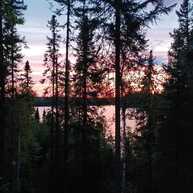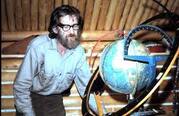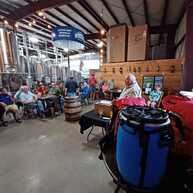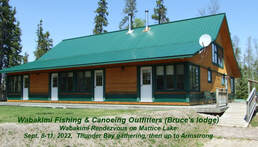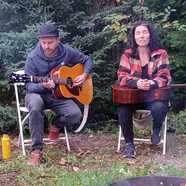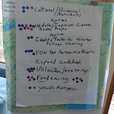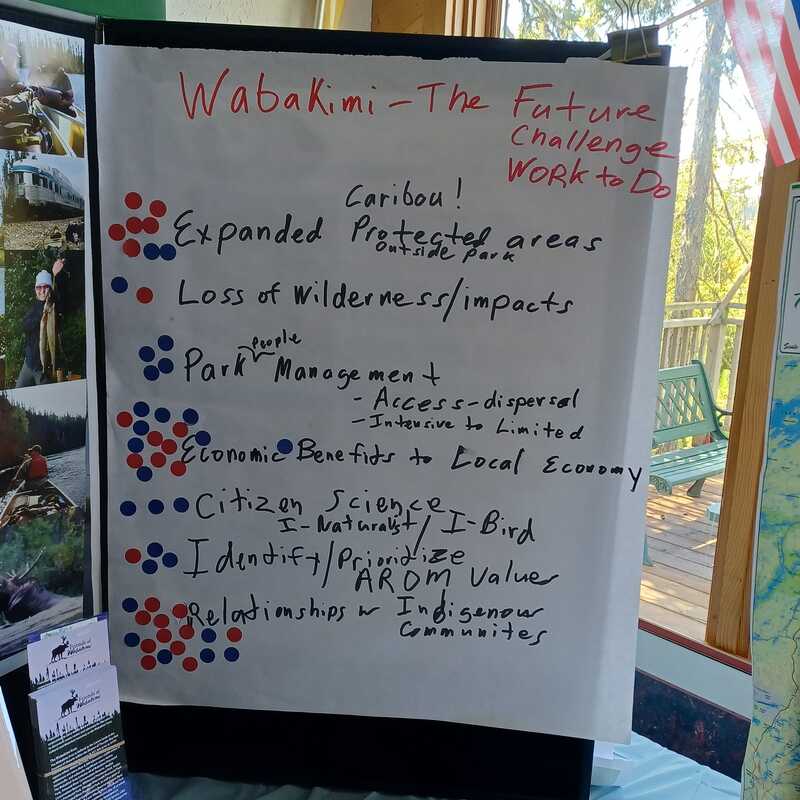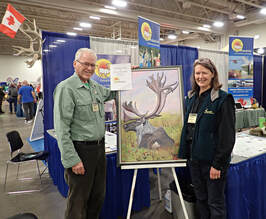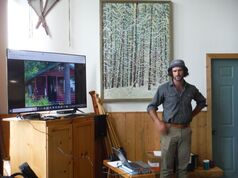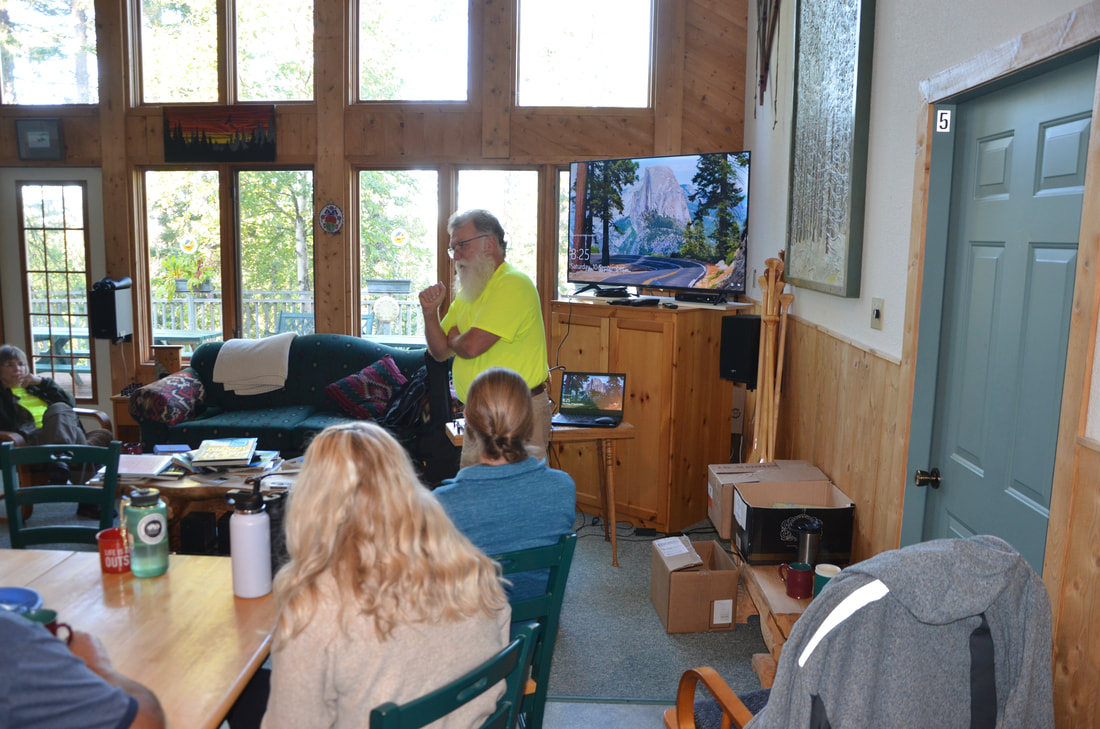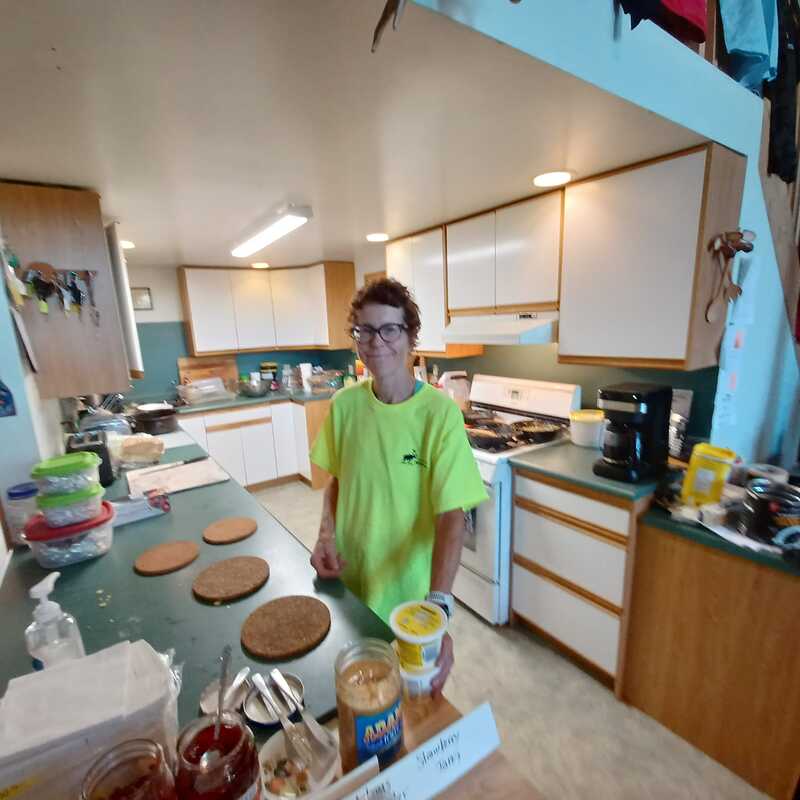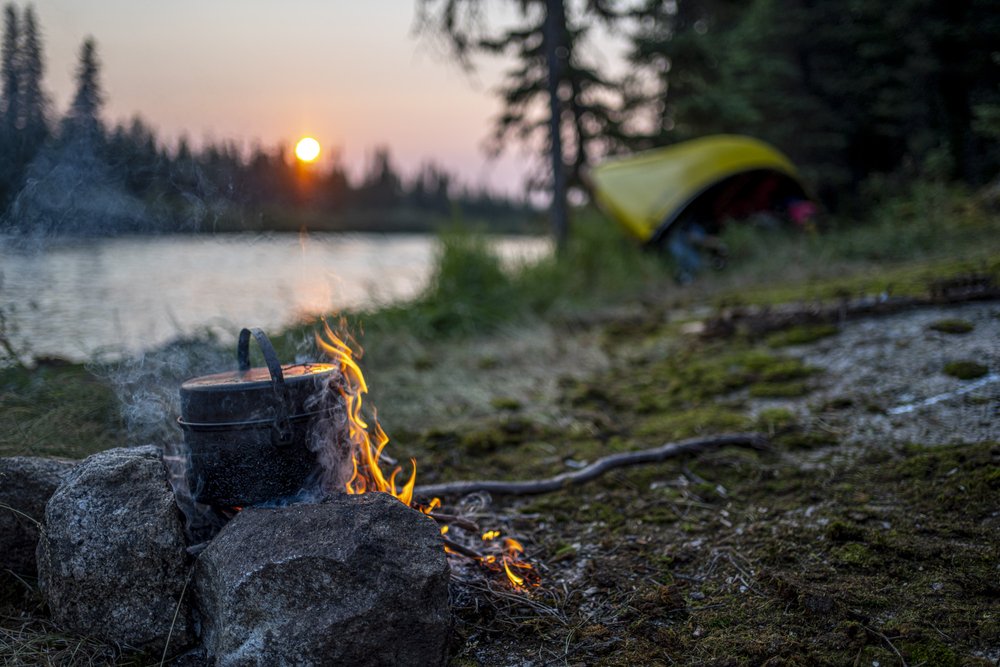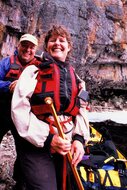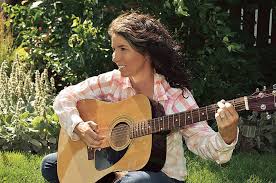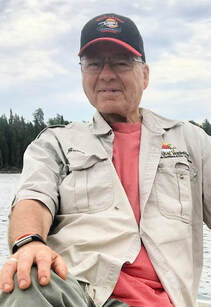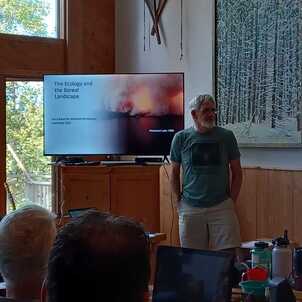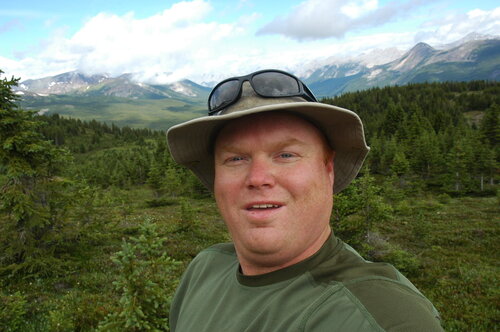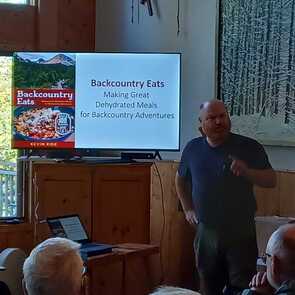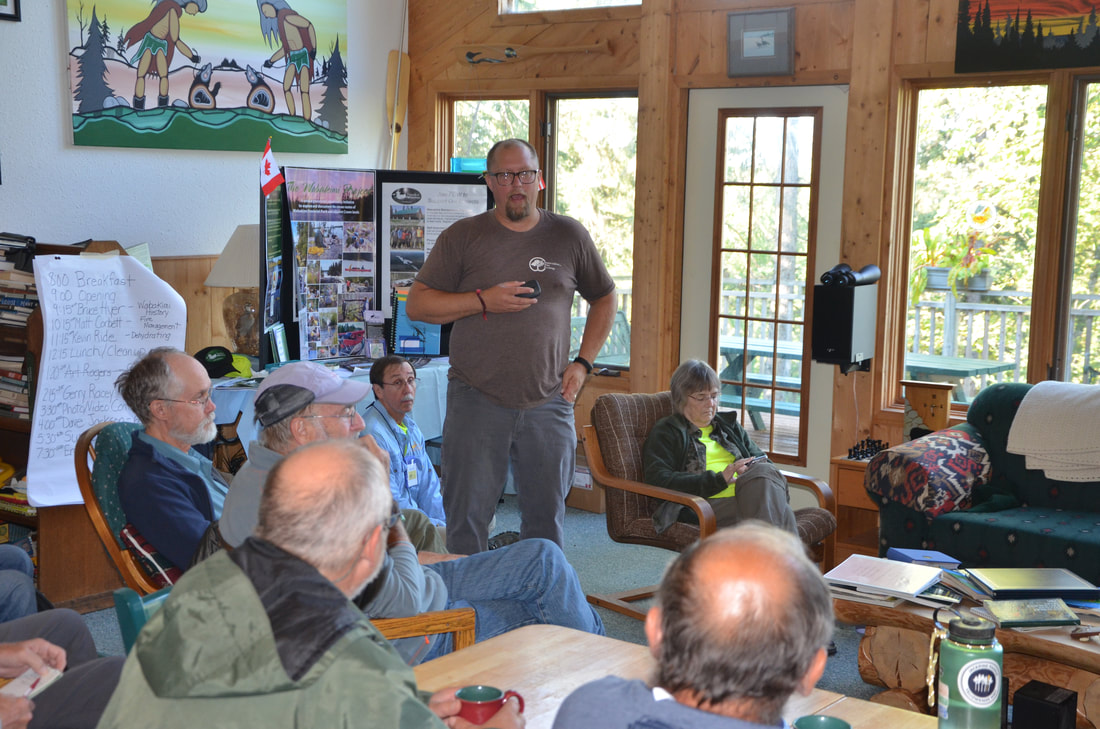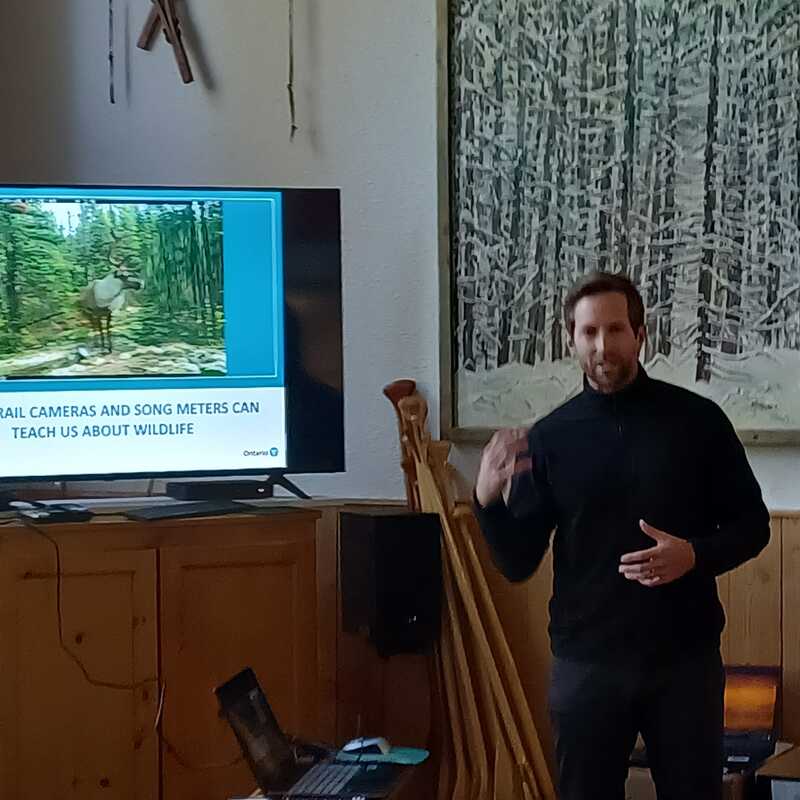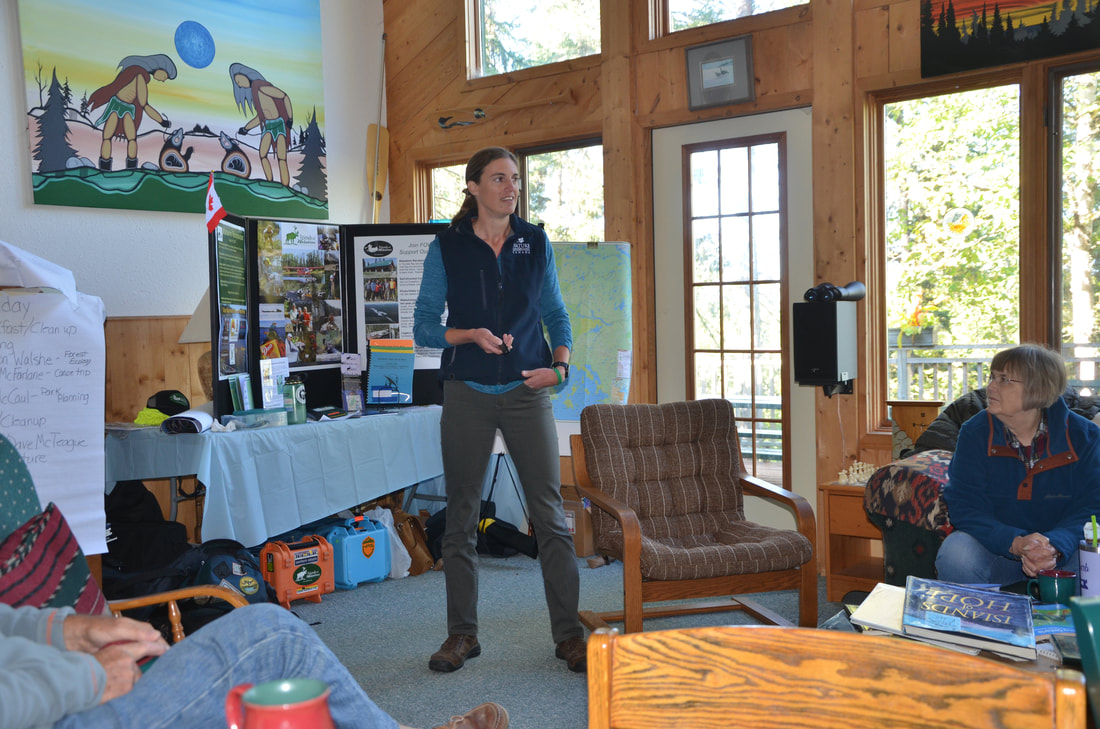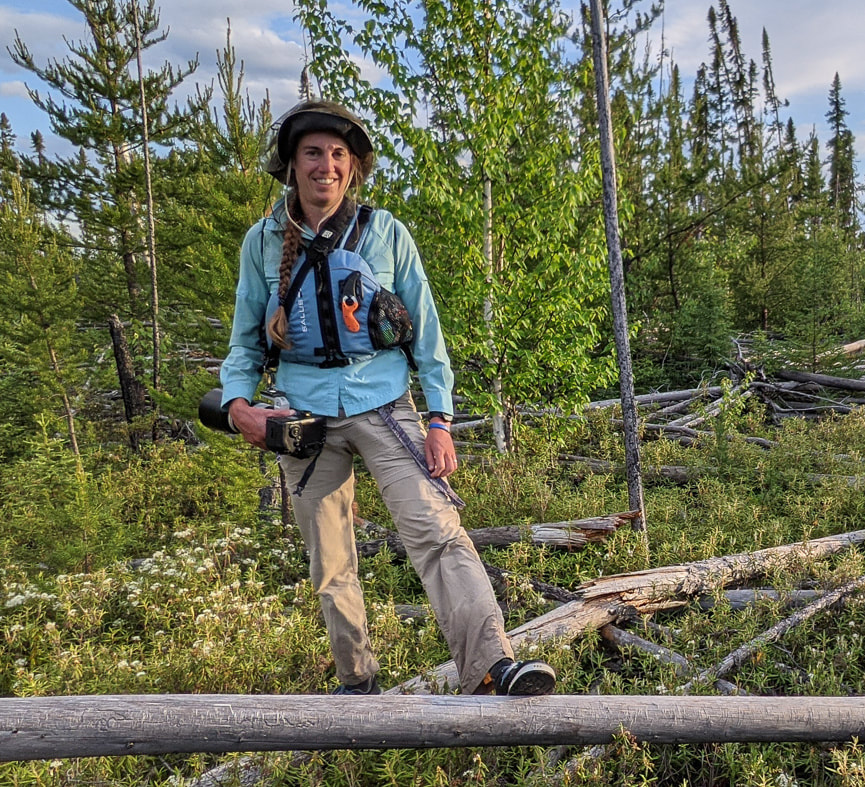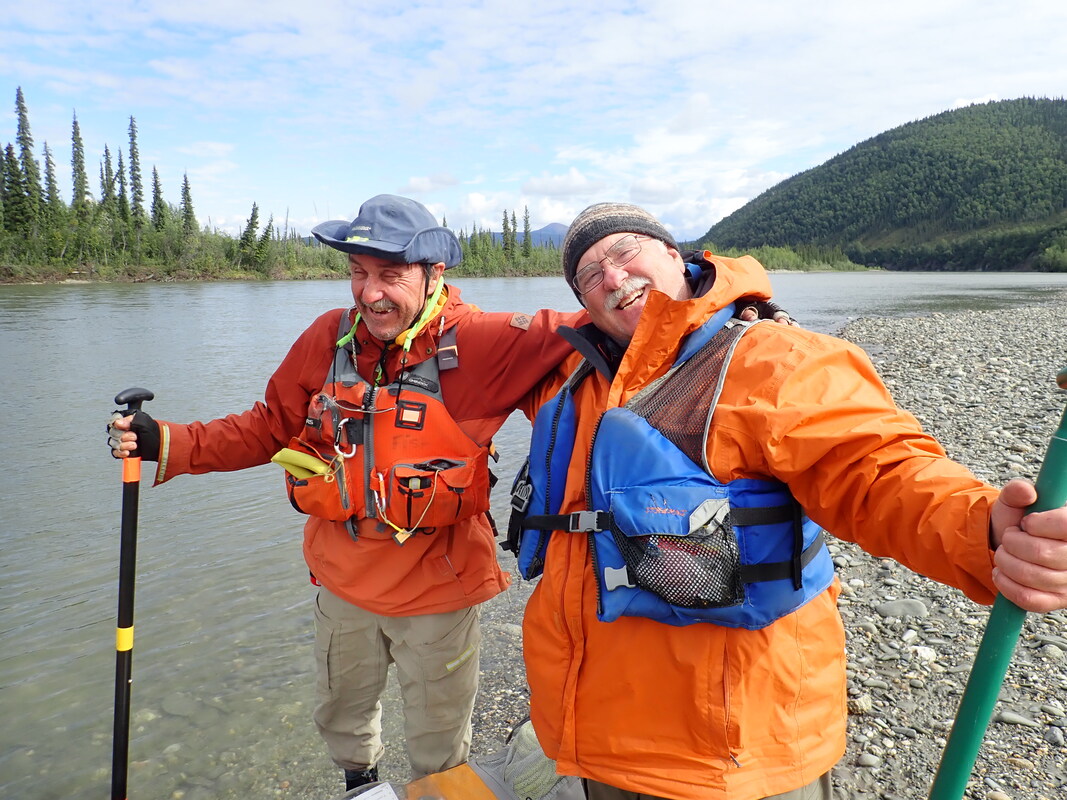|
Thursday, Sept. 8th, 2002. We had a terrific time at the Thunder Bay Museum with the Wendell Beckwith documentary film and exhibit. Filmmaker Jim Hyder introduced the film and members of the Beckwith family. There's renewed interest in protecting and restoring this culturally significant site. More info here! Thursday evening, Sept. 8th. A fun meet-up at the Sleeping Giant Brewery in Thunder Bay, Bill Ostrom will demonstrated his packs. Friday, September 9th. We made the drive to Armstrong, Ontario, a gateway to Wabakimi Provincial Park and Bruce Hyer's Wabakimi Wilderness EcoLodge for supper (BBQ) and fire pit gathering. Ken Babinchak showed a photo essay documenting Phil Cotton and the early years of The Wabakimi Project. We viewed the Photo/Video Contest submissions and and winners. Saturday & Sunday speakers September 10 & 11, 2022 Wabakimi Wilderness EcoLodge
Saturday Dinner & Evening music by singer-songwriter Shy-anne Hovorka Sunday, Sept. 11th, We discussed the future for the Friends of Wabakimi and the Wabakimi Wilderness. Discussion led by President Vern Fish and Board Chair Dave McTeague. Conservation, canoe route restoration, expeditions, advocacy. Where do we go from here? Special Thanks to: Wabakimi Wilderness EcoLodge. Bruce, Margaret, and Lindsey provided great support. Mattice Lake Outfitters Provided cabins for some particpants. Maurice Poulin, for chairing our Rendevous Committee. Fiona McKenna, for organizing the food and so much more. Wabakimi Rendezvous Presenters David Jackson, Bill Ostrom, Shy-Ann Hovorka, Bruce Hyer, Gerry Racey, Art Rodgers, Kevin Ride, Mathew Corbett, Shannon Lawr, Mhairi McFarlane, Vern Fish, Jim Hyder & Thunder Bay Museum David Jackson is a an assignment photographer and writer based in Red Rock, Ontario, on the shore of Lake Superior. Jackson has covered Olympics, editorial assignments, major expeditions, and is a contributing photographer for the Globe and Mail newspaper in the north. During the summer of 2021, Jackson and his partner, Leah Maki, travelled for 60 days self supported from Armstrong, Ontario, to the community of Fort Severn, Ontario, in Hudson Bay, by canoe. At the Wabakimi Rendezvous, Jackson and Maki will present on the old trails they followed north, as well other experiences in the regions north and west of Lake Nipigon. “In 2017, I spent a few hundred days canoeing across Canada with Mike Ranta as I documented his third trip from the Pacific to Atlantic oceans in a single season, alone, with his pup Spitzii. The trip was a turning point in my life and career as I learned tricks of the long trail from Ranta, especially as we battled with the onslaught of a windy year. When we passed through Thunder Bay, I met my partner Leah, and moved to the region in the spring of 2018 to be with her and base my work from the most strategic expedition launching point I had never considered. Since then, Leah and I have spent our summer and winters travelling by paddle and snowshoe all over the Northwest of Ontario, and the trip in 2021 was a dream of our travels, my work, and the future ambitions we hold for our ramblings. In my presentation, I would like to outline the premise of our trip, how it came to be, and the circumstances that led us to carry 60 days of food and experience the freedom of being unsupported for months at a time. The story is one of interconnectivity, auspicious timing, and the willingness to work hard for something with such a fickle margin of reward. If the trip has an early beginning, it would be the black bear that charged me from Bruce Hyers cabin on Burntrock Lake in 2020. In the middle we would be somewhere between the Asheweig River and Big Trout Lake, with a wild fire burning at our side, no water to be found anywhere in dry creek beds, tormented by bugs and hungry, but soon to be engaged on the Fawn River. At the end, we are skinny and restless for we are just two people in the soupy fog of the Severn River, me not sleeping for many nights on Polar Bear duty, both of us dreaming of the burgers we would struggle to finish in Sioux Lookout when we flew from Ft Severn in a few days time. We hope the story will inspire travellers to draw lines on the map that don't associate with the industrious industries that built a country, instead to dream and one day travel the old trails that connected Indigenous communities to their relations, fish, and game. The line for us went like this, Whitesands FN, Eabemetoong FN, Neskantaga FN, Nibinamik FN, Wunnimun Lake FN, Kingfisher Lake FN, Kitchenuhmaykoosib FN, Wapekeka FN, and finally Wasaho Cree Nation. The places in between, regardless of bucket list rivers, or wild rapids and bad portages, was nothing short of exceptional adventure and the bond we build when surrounded daily by difficult decisions. I hope you will be there to listen, chat, and talk about the future of common goals we all share in the places best suited for canoes and dreams.” Bill Ostrom, Ostrom Outdoors. I made my first pack when I was 12. An Alaskan Pack Board. Wood and canvas. I designed a bag that could be added to the pack board to make it more functional. My mom taught me how to sew to complete the project. In 1985 Anne and I started Ostrom Outdoors. I have been designing packs, bags, Peregrine transport boxes, Indigenous Toss Blankets and packs for firefighting and the Canadian Military. I like designing and making things better. Today, I am semi retired and only take on projects I enjoy, and work with people I want to work with. I am extremely picky on functionality, design and quality of packs and projects I work on. PRESENTATION: * An introduction to Ostrom Outdoors- A brief history. * 2022 Ostrom Outdoors Canoe Packs and Barrel Harness’ * Custom fitting your pack! Shoulder straps, hip belt, torso length and tump lines. Frame versus Frameless packs. * Fitting and loading your canoe pack to carry heavy loads lightly! Shy-Anne Hovorka Shy-Anne is an award-winning songwriter, multi-instrumentalist, humanitarian and performer, whose first three albums have sold 15,000 + copies worldwide and numerous songs from the albums received commercial radio airplay across Canada and she inked a lucrative licensing deal for the song “Can’t Change The World” in the “Blackstone” TV series. Shy-Anne is also a highly respected motivational speaker whose presentations have inspired thousands of Canadians. Her 2014 album release titled “Bones captured three 2014 Aboriginal Peoples Choice Music Awards for Best Country Album, Single of the Year (Be Your Girl) and Best Album Design. Shy-Anne also won the coveted 2014 APCMA “Entertainer of the Year” award. This groundbreaking album is a testament of her ability to take a listener on a magical journey through multiple genres, moods and emotions. Bruce Hyer (Origins of Wabakimi Provincial Park) Biologist (Caribou and Forest Ecosystems, Forester, Former Member of Parliament, Land use planner, Bush pilot and Eco-tourism operator. Bruce was born in Connecticut: “American by accident; Canadian by choice”. In 1976 he left a good job as a state Senior Environmental Analyst (first banned DDT) and moved to Shawanabis Lake for two years to live solo off the land. In 1978 Bruce heard rumours about proposed roads and clearcuts in prime caribou habitat in what is now Wabakimi Park. After drawing a proposed line on the map, Bruce lead the charge for decades; he lost some battles, and played the key role in “Wabakimi Wars”, creating one of the world’s largest paddling area. Today he and Margaret run Wabakimi Outfitters. Bruce continues to work hard as a volunteer to protect caribou and boreal ecosystems. Gerry Racey (forest ecology) A retired ecologist and forest science specialist with the Ontario Ministry of Natural Resources and Forestry working across disciplines and spanning both terrestrial and wetland ecosystems. He has extensive implementation experience in field program and product development in ecological land classification, caribou ecology, and forestry / wildlife habitat management. He played a key role in coordinating field surveys and assessments of woodland caribou across their range including in the Far North of Ontario and in contributed to both policy and management guidance. A major emphasis was on training and technology transfer through the development and implementation of practical management tools for understanding the land: such as the Wetland Ecosystem Classification for Northwestern Ontario, Terrestrial and Wetland Ecosites of Northwestern Ontario, Northwestern Ontario Forest Ecosystem Interpretations, Wetland Plants of Ontario). His interdisciplinary approach has engaged the management challenges associated with forest inventory, silviculture, wildlife habitat, fire ecology, wetland conservation and caribou ecology and conservation. Gerry is the current President of the Thunder Bay Field Naturalists. Kevin Ride (Backcountry Eats) Kevin Ride has a passion for the outdoors and has been backcountry tripping for over 25 years. Kevin has a popular YouTube channel Kevin Outdoors which houses a great collection of videos devoted to backcountry camping. Many of these videos are about dehydrating food but other notable themes include, backcountry trips, skills, gear reviews, and bear safety. These lessons learned and recipes are compiled in his popular new book Backcountry Eats. Kevin has a master’s degree in forestry and has spent a career in natural resources and environmental management and includes time spent with the forest industry, research & teaching, and finally with the Ontario government mostly working in forest management planning. Kevin also volunteered as a minor hockey coach and league executive for 9 years. Kevin has been recognized by his peers with numerous awards for achievements in teaching, forestry and volunteerism. These include, Lakehead University’s Contribution to Teaching Award and the Welbourne Educator’s Award. In 2010 Kevin was recognized as Ontario’s Forester of the Year and in 2016 he won Hockey Northwestern Ontario’s Coach of the Year Award. No awards yet for his backcountry lasagna, but there is always hope. Kevin and his wife Carrie live outside of Kakabeka Falls near Thunder Bay, Ontario. They have three children equally split between elementary school, high school, and university. Matthew Corbett R.P.F. (2021 Fire Season) A Provincial Fire Science and Planning Specialist with the Ontario Ministry of Northern Development, Mines, Natural Resources and Forestry, Aviation, Forest Fire and Emergency Services. He started his career in 2002 and has planning and operational experiences in Forestry and Wildland Fire Management. In his current role, Matthew promotes and facilitates the integration of fire management principles in resource management planning across Ontario and actively participates as a Fire Behaviour Analyst on a Type 1 Incident Management Team. Matthew holds an Honours Bachelor of Science in Forestry and Bachelor of Environmental Studies in Forest Conservation from Lakehead University and a Parks and Outdoor Recreation Diploma from Sault College. His education and experience combine forestry and wildland fire management knowledge and support his expertise in forest fuels management, prescribed burning and strategic and tactical fire response planning. Matthew resides in Dryden, Ontario and is happily married with his wife and three children and one dog. As a family they enjoy snowboarding, skiing, hiking, cycling, fishing, canoeing and camping. Matthew will provide an overview of the 2021 fire season and the different fire effects that occur from wildland fire. Shannon Lawr, Park Superintendent (filling in for Shannon Walshe) Shannon is the staff biologist for Wabakimi Provincial Park as well as several other parks and conservation reserves. Shannon spent the first 20 years of her life growing up in Quetico Provincial Park where she spent a great deal of time exploring the park by canoe. This is where she developed a true love of nature and a sense of adventure for exploring new wild places around the world. Shannon pursued a Biology degree as well as a bachelor’s in education while spending summers working as a field biologist studying wolves, black bears and conducting field work for the Wetland and Forest ecosystem classification system of northern Ontario. She began her career teaching in remote fly-in First Nation Communities where she learned more about her interest in First Nation culture and spirituality. She then moved to northern British Columbia where she worked as a biologist on a remote field study of caribou, moose, and wolves. After buying property near Thunder Bay she decided to move back to Ontario and began working as the biologist for Woodland Caribou Provincial Park, near Red Lake Ontario spending her summers canoeing and researching caribou and winters working on a MNRF wolverine project. Shannon took a break from government work between 2004 and 2009 where she ran a canoe guiding/outfitting business in the summers and taught in Nunavut in the winters. In 2012 she started working in her current position as the biologist for Wabakimi park and lives full time at her cabin on a small lake just east of Quetico. Mhairi McFarlane will describe their June 21 to July 8, 2021 trip (Little Caribou, Whitewater Lake, Palisade River, Rockcliff Lake, Misehkow River, Albany River, Miminiska Lake fly-out). (See Trip Report in FOW Forum) Mhairi is a conservation biologist for the Nature Conservancy of Canada since March 2008, and is currently a director of science and stewardship for the Ontario Region. Mhairi (pronounced “Vari”) is the Director of Science and Stewardship for Ontario Region of the Nature Conservancy of Canada. She oversees stewardship of NCC properties throughout Ontario, and landscape scale planning for property acquisition. She first joined NCC in March 2008 and spent 6.5 years as a Conservation Biologist in Southwestern Ontario where she designed, implemented and managed field scale restoration of habitat in Norfolk County and on Pelee Island. She grew up in Scotland, holds an Honours Ecology degree from the University of Stirling, and a PhD in Ecology from the University of Exeter in Cornwall. Her thesis was on the behavioural ecology of Cape Sugarbirds in South Africa. She moved to Ontario in 2006, and had short contracts with the Ministry of Natural Resources and Bird Studies Canada before joining the Nature Conservancy of Canada in March 2008. The Thunder Bay Museum has an an exhibit about the life and work of scientist, engineer, and inventor Wendell Beckwith, in connection to the 2020 biographical film In Search of Wendell Beckwith (www.thunderbaymuseum.com/beckwith-film-project/), produced through a partnership between the Museum and filmmaker Jim Hyder. Wendell lived alone on Best Island on Whitewater Lake in what is now Wabakimi Provincial Park, working on inventions and scientific theories, interacting with visitors, while supported by the generosity of Indigenous peoples living nearby with whom he forged a close relationship. Items from the Thunder Bay Museum’s permanent collection that he built and collected will be on display, as well as many photographs, scientific notes, and drawings. Vern Fish (FOW President) & Dave McTeague (FOW Board Chair) (Conservation, canoe route restoration, expeditions, advocacy. Where do we go from here?) Vern Fish (FOW President) is the former Executive Director of the Black Hawk County Conservation Board in Waterloo, Iowa. He currently serves on the board of directors of the Iowa Natural Heritage Foundation Board and the Conservation Corps of Iowa/Minnesota. He is the president of the Black Hawk Creek Water & Soil Coalition and the Friends of Wabakimi. As an advocate for clean water, he also serves as the co-chair of the Cedar River Watershed Coalition and as an assistant commissioner for the Black Hawk County Soil and Water Conservation District. A passionate paddler he has run wild rivers from the Mexican border to Hudson Bay and north to the Arctic Circle. Dave McTeague (FOW Board Chair) a former Oregon State Representative and retired small state agency administrator (chiropractic licensing board). Born in Minneapolis, he canoed the BWCA in his youth and many times since; and has paddled in Quetico, Woodland Caribou, British Columbia and Alaska. He did four trips with the Wabakimi Project and more Wabakimi trips since. As a legislator and conservation activist Dave has worked on fishery and habitat restoration issues and is keenly interested in the preservation of the wildlife and beauty of the boreal forest. He lives in Milwaukie, Oregon with his wife Naomi and chronicles his canoe adventures on his Oregon Dave YouTube page. |
©2020 Friends of Wabakimi All Rights Reserved

